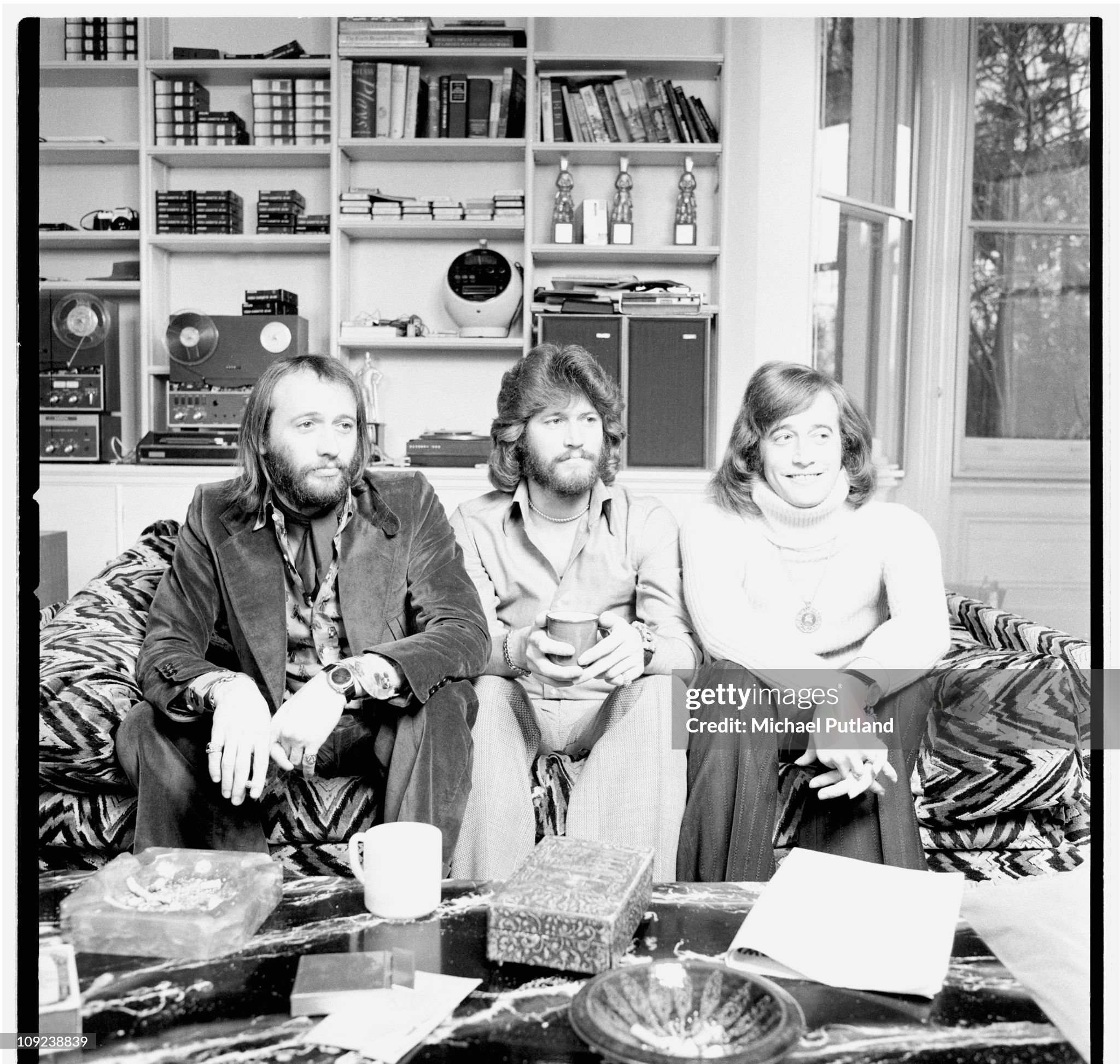
A Nostalgic Ode to Innocence and Love Lost
“First of May” by the Bee Gees is a poignant melody that captures the essence of nostalgia, innocence, and the inevitable passage of time. Released in 1969, this song holds a special place in the hearts of many, especially those who lived through the transformative decades of the 60s and 70s. The track was featured on their album “Odessa,” which is often remembered for its orchestral richness and emotional depth. Upon its release, “First of May” reached number 37 on the UK Singles Chart and resonated with listeners across generations, a testament to its timeless appeal.
The Bee Gees, consisting of brothers Barry, Robin, and Maurice Gibb, were renowned for their harmonious vocals and songwriting prowess. “First of May” stands out as a perfect example of their ability to weave intricate narratives into their music. The song is believed to be inspired by Barry Gibb’s memories of his dog, Barnaby, and a particular day in his childhood marked by innocence and purity. Yet, like many great works of art, it transcends its origins to touch on universal themes.
The lyrics speak to the tender moments shared during youth, evoking vivid images of carefree days spent in nature’s embrace—moments that seem eternal but are fleeting in reality. The titular “First of May” symbolizes a new beginning and the blossoming of life, yet it also serves as a poignant reminder that such beginnings are often ephemeral. It’s a gentle ode to times gone by, where love was pure and untouched by the complexities that life eventually introduces.
The Bee Gees’ ability to evoke such powerful emotions through their music is part of what makes “First of May” so special. The song’s arrangement is both simple and profound; it relies heavily on strings and soft piano notes that underpin the Gibb brothers’ harmonies. This musical simplicity allows the emotional weight of the lyrics to shine through, leaving listeners with a bittersweet sense of longing.
For those who have lived through decades filled with changes—personal or societal—”First of May” serves as a reminder of where they’ve been and perhaps where they’d like to return. It captures those moments when love felt unbreakable, when time seemed endless, and when every new season brought promises rather than regrets.
In an era defined by rapid change and fleeting trends, “First of May” offers solace in its constancy. Its message remains relevant: while we cannot reclaim our lost youth or relive past joys, we can cherish these memories as part of our journey. This song has become an anthem for those who appreciate life’s simple pleasures amid its inevitable complexities.
As you listen to “First of May,” let yourself be transported back to your own moments under sunlit skies or beneath budding trees—when life was as fresh as spring itself. Let it remind you that though seasons change and years pass by, some things remain eternally beautiful in our hearts.
In conclusion, “First of May” is more than just a song; it’s an emotional journey that invites reflection on love’s enduring power despite life’s impermanence. Its legacy continues not only through recordings but also within each person who finds solace or joy in its notes—a testament indeed to the timeless artistry behind this beloved classic from one of music history’s most iconic bands: the Bee Gees.
